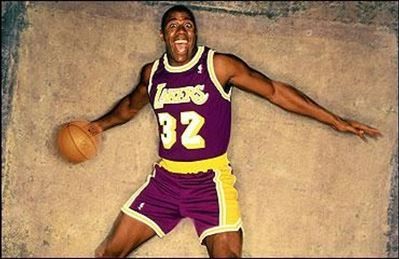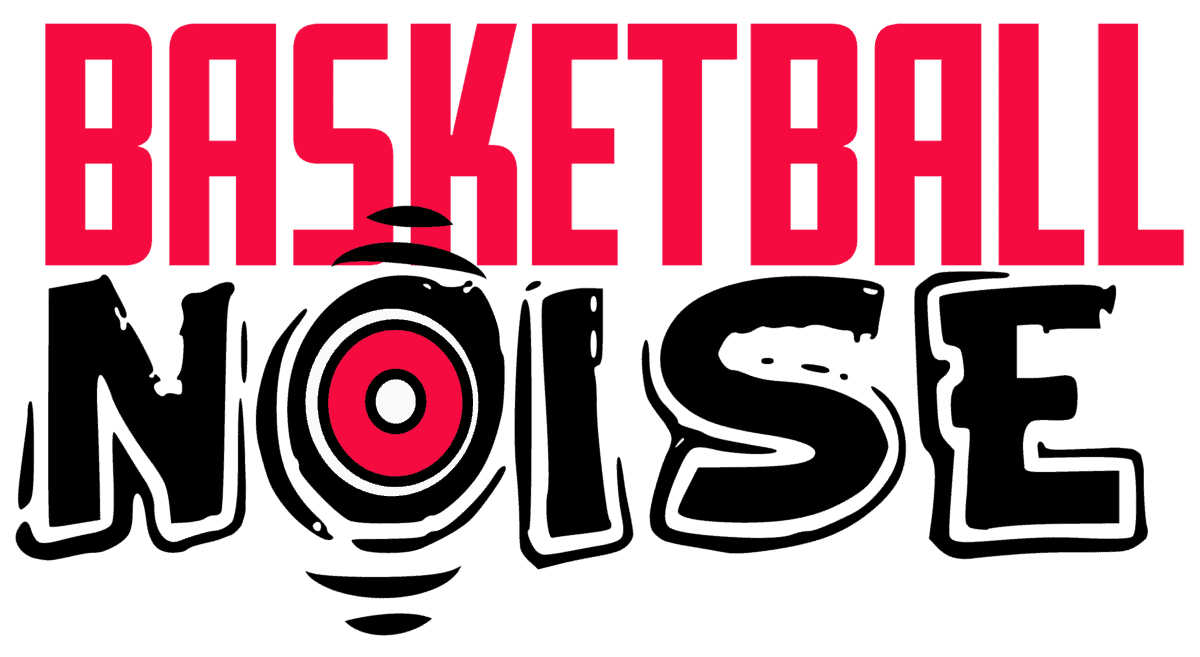Magic Johnson is one of the best NBA players of all time. After retiring, Johnson has certainly multiplied the earnings he made during his legendary NBA career through multiple different methods.
What did Magic Johnson do as an entrepreneur? Magic has made a wide range of different investments and his primary focus at the moment is to bring high quality stores and services to underserved urban areas. Johnson has made a huge number of investments into different retail stores, real estate properties and different marketing opportunities.

A lot of former NBA players have the goal of becoming coaches after their playing careers are over. We have seen NBA legends like Bill Russell, Larry Bird and Steve Nash become NBA coaches after they finish their careers. Initially, it looked like Magic would go down this path, becoming the Lakers head coach in 1994.
But he only held the role for sixteen games as he explained that his post career interests did not include coaching. Instead, Johnson always looked to become an entrepreneur and businessman after his playing career ended. But his investments began much before his playing career ended.
In 1981, just two years into his NBA career, Johnson made his first moves as an entrepreneur, investing in two Colorado radio stations and opened Magic’s 32 retail store, which failed after one year and cost Johnson $200,000. He also partnered with Earl G. Graves to purchase a Pepsi distribution centre during his time with the Lakers.
He looked to continue his moves as an entrepreneur during his playing career, forming Magic Johnson Enterprises in 1987. Since then, the company has expanded massively through a variety of smart investments from Johnson. The company is now worth around $700 million and has a few different subsidiaries.
One of those subsidiaries is Magic Johnson Theatres. In 1994, Johnson created the company with the aim of building high quality theatres in urban communities to aid economic growth in underdeveloped communities. The company’s pioneering theatres were in Harlem, a majority African-American area in upper Manhattan.
Currently the firm’s former locations are now owned by AMC Theatres having been acquired in 2006, with Johnson no longer involved in any of the management, planning or public relations of the business.
One of the subsidiaries which is becoming a popular thing for NBA players to do is a film studio called Magic Johnson Entertainment. Understandably, some of the subsidiaries of the business use the Magic Johnson name to help with public image. But Johnson himself has also made some big moves with other companies.
Part of his investment techniques was looking to improve urban communities and he looked to open coffee shops in urban communities. He went to Starbucks CEO Howard Schultz in 1998 and the two formed the Urban Coffee Opportunities which opened 125 stores and helped to form a very successful partnership. Johnson sold his investment in back to Starbucks in 2010 to end the twos relationship.
Much like other NBA players, Johnson looked to real estate to increase his investments, a move he made not long after his career ended. Johnson partnered with Victor McFarlane to create Johnson Development CalPers which became a real estate acquisition and management company that has massively increased Johnson’s wealth.
One of his most public investments into real estate was when Johnson was part of the group that bought the Williamsburgh Savings Bank Tower which was at the time the tallest building in Brooklyn. It was purchased for $71 million and Johnson’s investments led to the building being turned into luxury apartments that helped Johnson to earn a nice profit on his investment.
By the time the 21st century started, Johnson began making a huge amount of business moves with some big name companies wanting to use the Magic Johnson name. His development corporation opened Magic Johnson TGI Friday’s in Los Angeles. He continued to extend his food network.
In the early 2000s, his development corporation partnered with Fatburger and Burger King. The collaboration with Burger King saw Johnson help in the funding to open 29 new locations. He also partnered with Sodexo, a French food services company.
His investment into different locations also meant that Johnson looked to sports. He made investments into 24 hour fitness which led to 13 new locations being opened which he still owns. The principal of all of his investments was to look at investments into sports teams.
This was something that began not long after he retired. Johnson purchased a 4.5% stake in the Los Angeles Lakers for $10 million thanks to his close relationship with majority owner Jerry Buss. He held that investment for 16 years, selling it for an estimated $27 million in 2010 to Lakers season ticket holder Dr Patrick Soon-Shiong.
Johnson used some of that money to make investments into other sports teams. He began by being part of the Guggenheim Baseball Management company that purchased the Los Angeles Dodgers team two years after selling his shares in the Lakers. The Dodgers would win the World Series in 2020 to add an MBL title to Johnson’s resume as a team owner.
His investments into sport in Los Angeles did not end there. Johnson made two big investments in 2014, leading the group that purchased the WNBAs Los Angeles Sparks who would become WNBA champions two years later. He is also a member of the ownership group of Los Angeles Football Club who play in the MLS.
Throughout his career as an entrepreneur, Johnson has always looked for charitable and deserving companies for his investment. In 2015, he invested in Jopwell, a recruiting platform dedicated to helping underrepresented minorities get jobs in the tech industry.
In recent years, Johnson has made different investments into companies like Topgolf, Superheroic and Uncharted. It seems like Johnson’s business strategy tends to be to look towards companies that are responsible and provide products or services that can benefit everyone. It fits in with the many charitable funds that Johnson has partnered with or invested in during his time as an entrepreneur.
